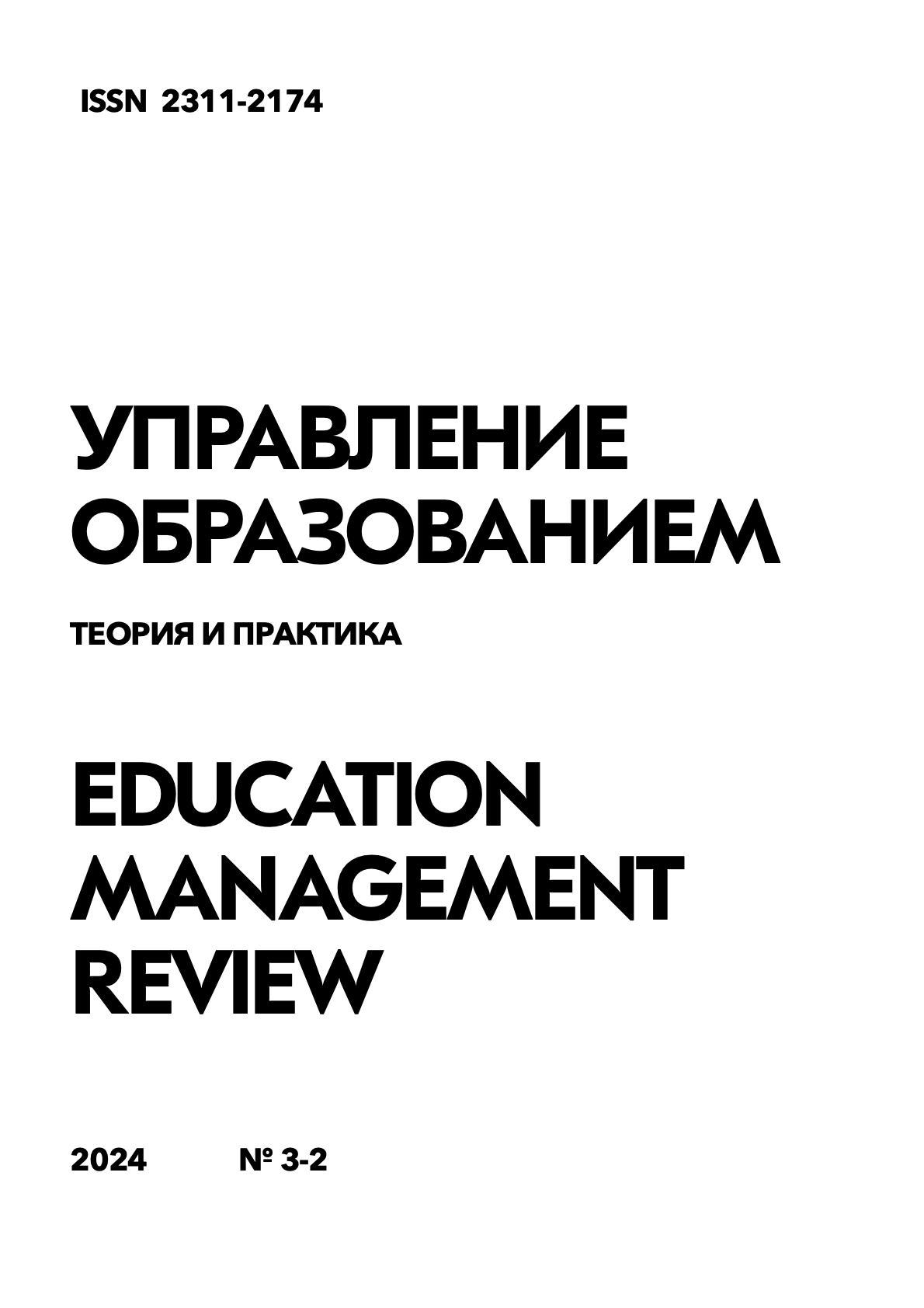Value orientations in the structure of a person's professional orientation
DOI:
https://doi.org/10.25726/d0154-5948-0159-zKeywords:
Milton Rokich's methodology, Instrumental and Terminal values, value orientations, orientation, career guidance, psychotypesAbstract
The article presents an option for using Milton Rokeach's methodology to simplify career guidance work. The "unpacking" of the methodology occurs by identifying six personality psychotypes depending on the respondent's chosen Instrumental and Terminal values. The proposed method simplifies the psychologist's consultative and diagnostic work, creating motivated prerequisites for a conscious choice of profession. It is also possible to adjust the declared Instrumental values to achieve goals if they do not align with the leading Terminal values. The article examines the role of value orientations in the formation of an individual's professional direction. The main theoretical approaches to understanding value orientations and their influence on professional self-determination are analyzed. Special attention is paid to the relationship between values and the choice of professional activity, as well as their influence on career development and job satisfaction. The study uses survey and interview methods, allowing the identification of key values that determine the professional preferences of different groups of workers. The results show that value orientations play a significant role in the process of professional development, determining not only the choice of profession but also the attitude towards work, motivation, and level of professional satisfaction. The article also offers recommendations for professional consultants and employers on taking value orientations into account when selecting personnel and planning employees' career growth.
References
Воротницкая А.И. Анализ ценностных ориентаций студентов (методика М. Рокича) // Культура и экология – основы устойчивого развития России. Безальтернативность зеленой стратегии. Ч. 1: мат. Междунар. фор. (13-15 апреля 2021 г., Екатеринбург). Екатеринбург: ФГАОУ ВО УрФУ, 2021. С. 327-331.
Даукша В.С. Ценностные ориентации современной студенческой молодежи Беларуси в разные временные периоды (2008-2015) // Интернет-журнал «Мир науки», 2018. N 1. Т. 6. С. 1-12.
Железная А.Б. Альтруизм и гедонизм в структуре профессионального выбора // Журнал «Современная наука: актуальные проблемы теории и практики». Сер.: Познание. 2019. N 10. С. 32-36.
Железная А.Б. Мотивационно-ценностные опросники и их использование в условиях школы // Сборник статей Международной научно-практической конференции «Конструктивизм в психологии и педагогике» (26 октября 2019 г., Волгоград). Стерлитамак: АМИ, 2019. С. 34-44.
Златкова-Гарванова М., Ганчев-Гарванов И. Исследование ценностей в современной психологии // Современная психология: мат. III Междунар. науч. конф. (г. Казань, октябрь 2014 г.). Казань: Бук, 2014. С. 5-20.
Нафикова А.Ф. Тест Рокича «Ценностные ориентации» (образец из практики). https://www.b17.ru/blog/rokichs_test_value_orientations/
Malyuga E., Maksimova D., Ivanova M. Cognitive and Discoursive Features of Speech Etiquette in Corporate Communication // International Journal of English Linguistics. 2019. Vol. 9, No. 3. P. 310-318.




